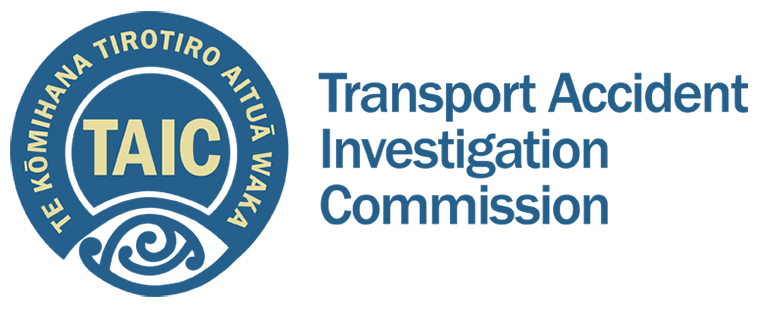The Commission will open an inquiry into a marine, rail or air accident or incident if it believes recommendations or lessons may help improve transport safety.
The Commission's job is to explain, and not to blame. It is independent and impartial, with extensive legal powers to gather and protect evidence.
The Commission follows the same process for each inquiry. The initial stage centres on deploying an investigation team to gather evidence. The Commissioners then analyse evidence, determine circumstances and causes, reach findings, make recommendations and finalise their report.
The process respects international expectations for safety-focused accident investigation while ensuring the Commission observes New Zealand law..
The process is summarised below; each heading clicks through to further detail:
